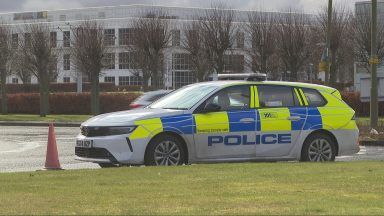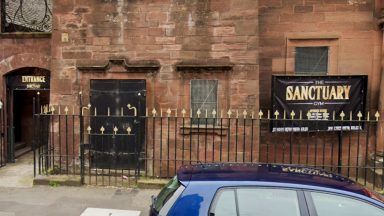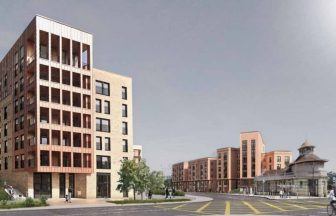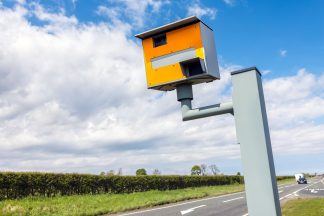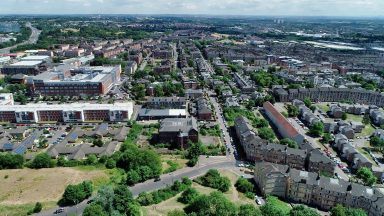People from the LGBTQ+ community are more likely to have problems with alcohol than others, but experience major barriers in accessing alcohol services, according to new research.
The Glasgow Caledonian University (GCU) study on LGBTQ+ people’s experiences of alcohol services investigated the views of both service users and providers.
Respondents told of their concerns that excessive drinking was normalised among LGBTQ+ people and that there was a lack of alcohol-free spaces for that community in Scotland.
They also identified specific barriers to accessing alcohol services, including concerns about judgment and discrimination, services not being perceived as LGBTQ+ friendly, and a lack of discussion of sexuality and gender from service providers.
Experts are now calling for action to overcome these barriers and inequalities
Professor Carol Emslie, who led the study, said: “We know that LGBTQ+ communities are at higher risk of alcohol-related harm, so it is important to learn about their experiences of alcohol services in Scotland.
“Our respondents reported their drinking was often a response to discrimination, family rejection or hiding their LGBTQ+ identity, but that service providers rarely explored how sexuality or gender identity might impact on alcohol use.
“Our report recommends that all staff working in alcohol services should receive LGBTQ+ diversity training and services should check they are reaching the LGBTQ+ community, and tailoring their services appropriately.
“At a broader level, alcohol-free spaces for LGBTQ+ people where drinking heavily is not the norm, and increased public acceptance of LGBTQ+ issues would reduce alcohol harm in this community.”
The study was funded by Scottish Health Action on Alcohol Problems (SHAAP).
Some service providers questioned as part of the research reported feeling uncomfortable in discussing gender and sexuality, though they felt that, with training, their confidence in discussing the issue would improve.
David Barbour, of the Glasgow LGBTQI Substance Use Partnership, said: “Disproportionate numbers of LGBT+ people find themselves using alcohol to self-medicate for higher levels of stress, anxiety and depression, often caused by past or ongoing experiences of homo/bi/transphobia.
“Combined with the fact that alcohol plays such a dominant role in safe LGBT+ social spaces, it is crucial that alcohol services take steps to understand the scale of this problem and begin to address it.”
Elinor Jayne, SHAAP director, said that given the disproportionate alcohol harms experienced by the LGBTQ+ community, it is “imperative” that the needs of LGBTQ+ people are explicitly addressed in the upcoming Scottish Government Alcohol Treatment Guidance, “in order to tackle these inequalities and reduce the stigma experienced by LGBTQ+ individuals in accessing alcohol treatment services”.
A Scottish Government spokeswoman said: “We will consider the findings of this report closely.
“We must empower more LGBTQ+ people to seek support when it is needed and make that support consistent, flexible, and effective.
“Many of the recommendations made in the report are for alcohol service providers and we would encourage them to act on them and ensure their services are inclusive.”
She continued: “We are working to reduce alcohol consumption and the risk of alcohol harms across society which in turn, will drive reductions in alcohol harm in our most at-risk communities.”
Follow STV News on WhatsApp
Scan the QR code on your mobile device for all the latest news from around the country


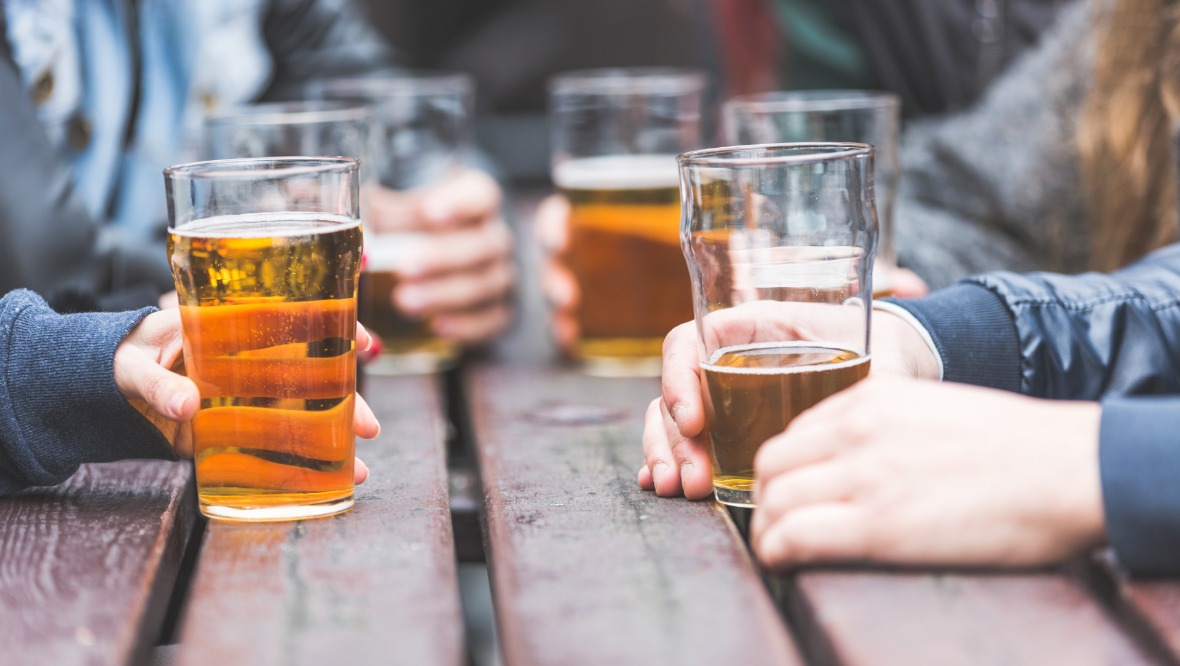 iStock
iStock




